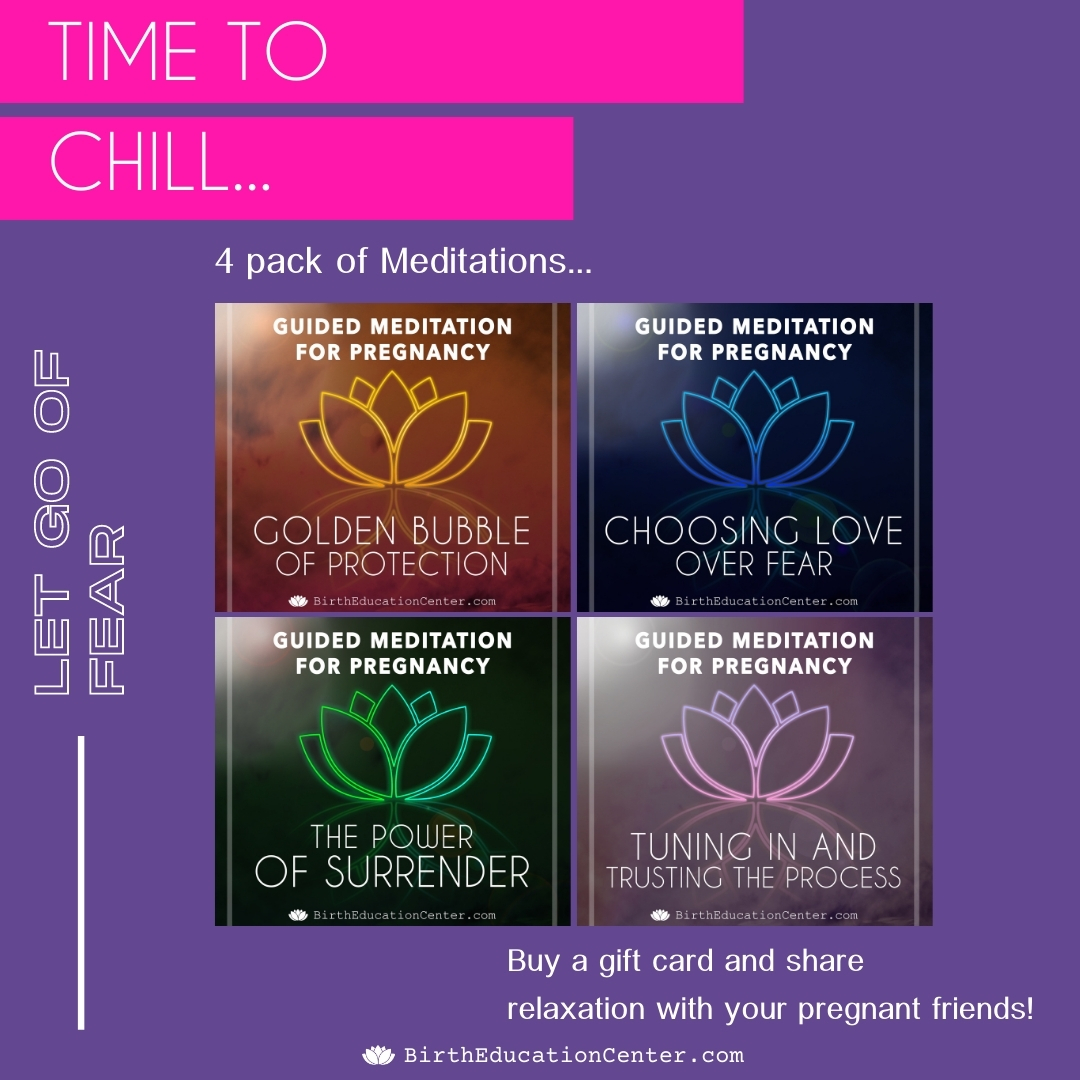Postpartum Traditions from Around the World: India
In our two previous blogs, we learned about the postpartum traditions of Latin America and China that are still in practice today. What’s been interesting to observe so far is how similar these traditions are to one another despite the geographic and cultural divides of these places. The next country we’re going to explore, India, is also similar in its traditions.
The Postpartum Period Known As Sutak
Comparable to La Cuarentena in Latin America and Zuo Yue Zi in China, the confinement period in India known as Sutak usually lasts approximately 40 days postpartum. During that period, it is customary for the birthing person to move in with their mother to be taken care of, or have their mother and other female relatives come to stay with them and to be their caretakers. Japa’s are women that are hired to come into the home and take care of the woman during the postpartum time as well. The tradition originated from a need to protect mother and baby from infection at this vulnerable time.
As is the case in other cultures that observe confinement customs, the recovering birthing person is meant to rest, recover and rejuvenate while other family members tend to her and baby’s needs. Caregivers will prepare simple but nutritious foods for her and ensure that she’s getting all the rest and recovery she needs to heal. A diet that follows the principles of Ayurveda, a 5,000-year-old Indian healing tradition, is provided to the birthing person. Similar to China’s beliefs, it is thought that the mother’s loss of blood has created cold in her body, so foods with warming ingredients are provided to her to restore balance, for example, papaya, dry ginger, sesame seeds, pineapples, garlic and fenugreek seeds (which are also known to increase breast milk supply).
Massage is an Integral Part of Sutak
A unique part of the Sutak confinement period is a massage, bathing, and belly binding ritual that is followed daily. The hot oil massages might be given by a member of the family or they might bring in an experienced masseuse for this known as a “maalishwali” or “dai”. The maalishwali uses therapeutic oils like sesame, coconut, or olive for the massage; this is followed up with a warm, herbal bath. The postpartum belly is then bound with a cotton sari, which is believed to help shrink the uterus and help keep it in place, as well as allow the abdominal wall to gradually knit back together. The belly binding is also thought to promote healthy posture during breastfeeding and reduce stretch marks. Because it is believed that body heat is lost through the head, the birthing person wears a scarf over their head during the day. It is thought that this practice will prevent infections from coming into the body.
The baby is also given daily massage which is performed to help with sleep and digestion. Birthing people are encouraged to breastfeed on demand and to bond with their babies. The Sutak period and beyond is marked by rituals that mark auspicious occasions in the baby’s life, for example, the name-giving ceremony, baby’s first-time leaving confinement, and first haircut.
What Can We Takeaway From This?
As we conclude our trip around the world to learn about the postpartum traditions practiced in different cultures, one thing has become overwhelmingly clear. Here in the United States and other first-world, western nations, we’ve given short shrift to a significant transitional time for birthing people and babies. Instead of acknowledging the healing, rest, and bonding that needs to happen to promote health and wellness, we expect our families to adjust to this major life change with little support. For some mothers they will be back at work before their bodies have even had time to properly heal; their baby will be separated from them before being given adequate time to adjust to life outside the womb.
The more we learn about the fourth trimester, the more we come to understand the wisdom these ancient traditions contain and how we would benefit from embracing what they have to teach us.
Resources:
https://www.nutritioncareofrochester.com/article.cfm?ArticleNumber=30
https://www.babycenter.in/a1021145/post-delivery-confinement-practices-in-india
https://www.thestar.com.my/lifestyle/family/2017/08/21/postpartum-care-devi-siva




